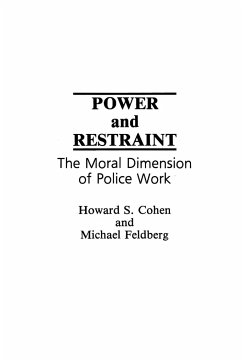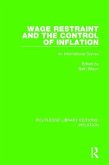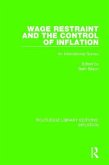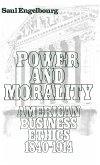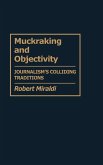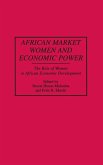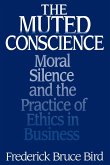In accepting the authority to govern, what responsibilities do the police incur? Power and Restraint answers this question by using a moral perspective grounded in the social contract, and by defining an ethical basis for police work. Howard S. Cohen and Michael Feldberg posit five standards by which to measure responsible police behavior: fair access, public trust, safety and security, teamwork, and objectivity. To test their proposals, Cohen and Feldberg apply these standards to several familiar yet challenging cases that are encountered in municipal patrol work in the United States, illustrating how police officers can develop appropriate moral responses to complex and difficult circumstances. These developed standards of ethical behavior can be used as a basis for the rehearsal of decision-making and action in police training as well as for the judicious evaluation of police behavior after the fact. The authors developed their theories over a 10-year period by spending hundreds of hours in seminars on police ethics with officers and trainers from across the country, carefully discussing specific cases and examples of moral issues that were most troubling to the officers themselves. With its systematic and integrated approach to the analysis and evaluation of cases, this timely work extends the field of police ethics. The two-section volume begins with an introduction that describes how the authors arrived at the system of ethical standards that is developed in detail in the three chapters of Part I. In Part II, four chapters present challenging scenarios that test the developed standards in the context of real policing situations, addressing such issues as excessive force, gratuities and corruption, balancing individual rights with keeping the peace, and sorting through the conflict between loyalty to colleagues and telling the truth under oath about possible wrongdoing. This book will be invaluable to instructors in university-level criminal justice courses that deal with ethics or the police. It could also be used in courses in applied ethics in philosophy and will be an important resource for police academy trainers for both in-service and recruit training.
Hinweis: Dieser Artikel kann nur an eine deutsche Lieferadresse ausgeliefert werden.
Hinweis: Dieser Artikel kann nur an eine deutsche Lieferadresse ausgeliefert werden.

